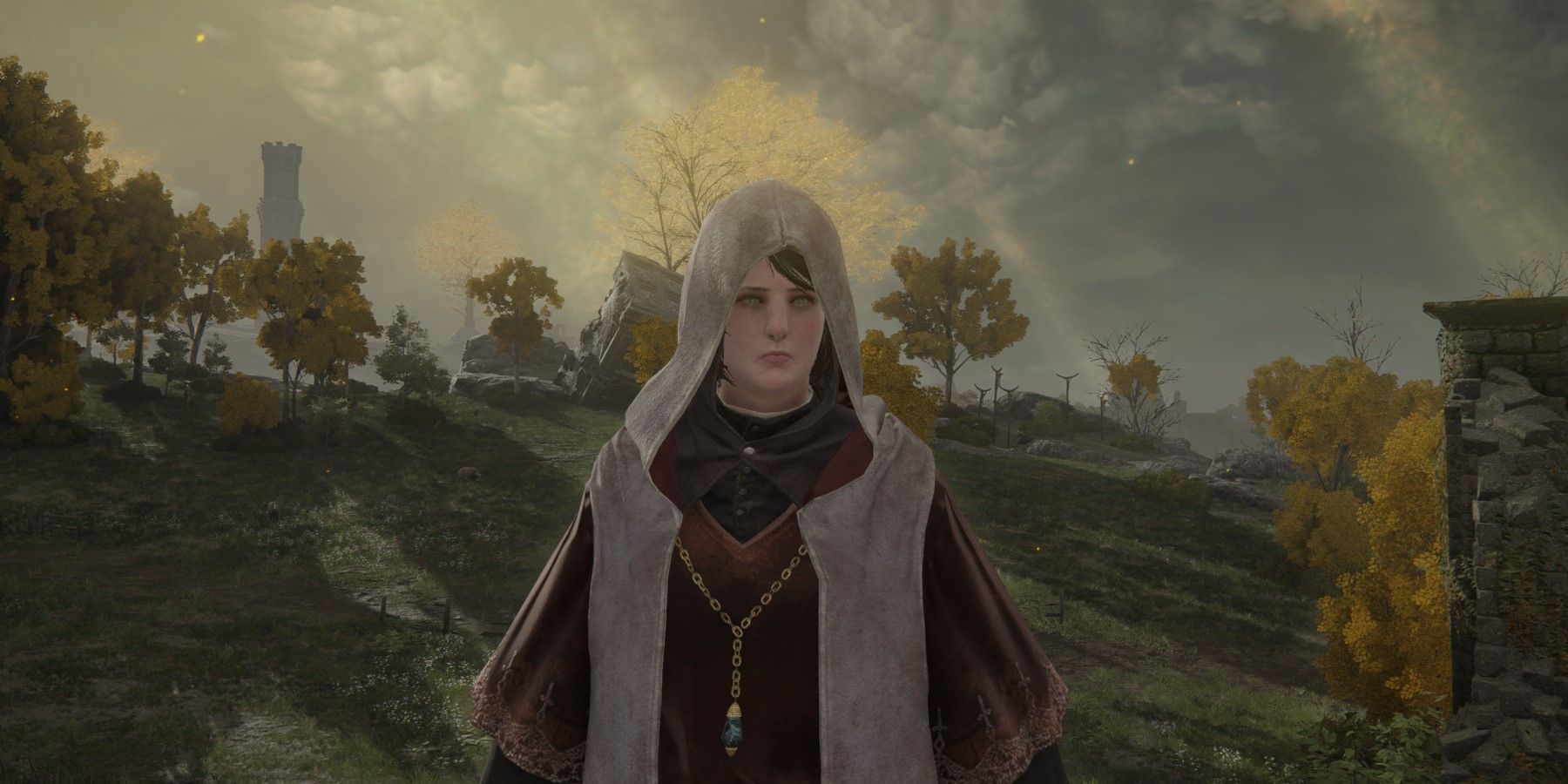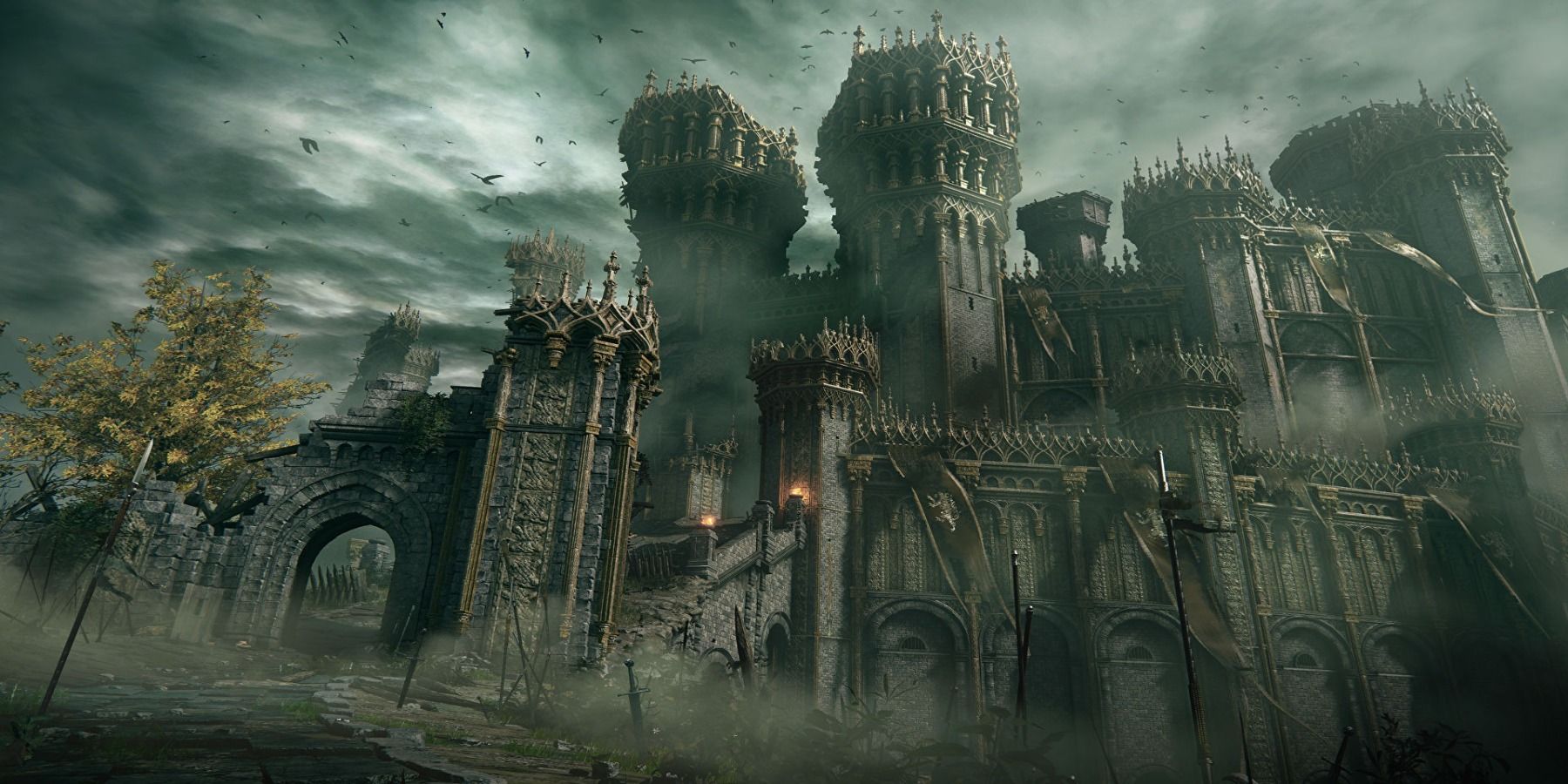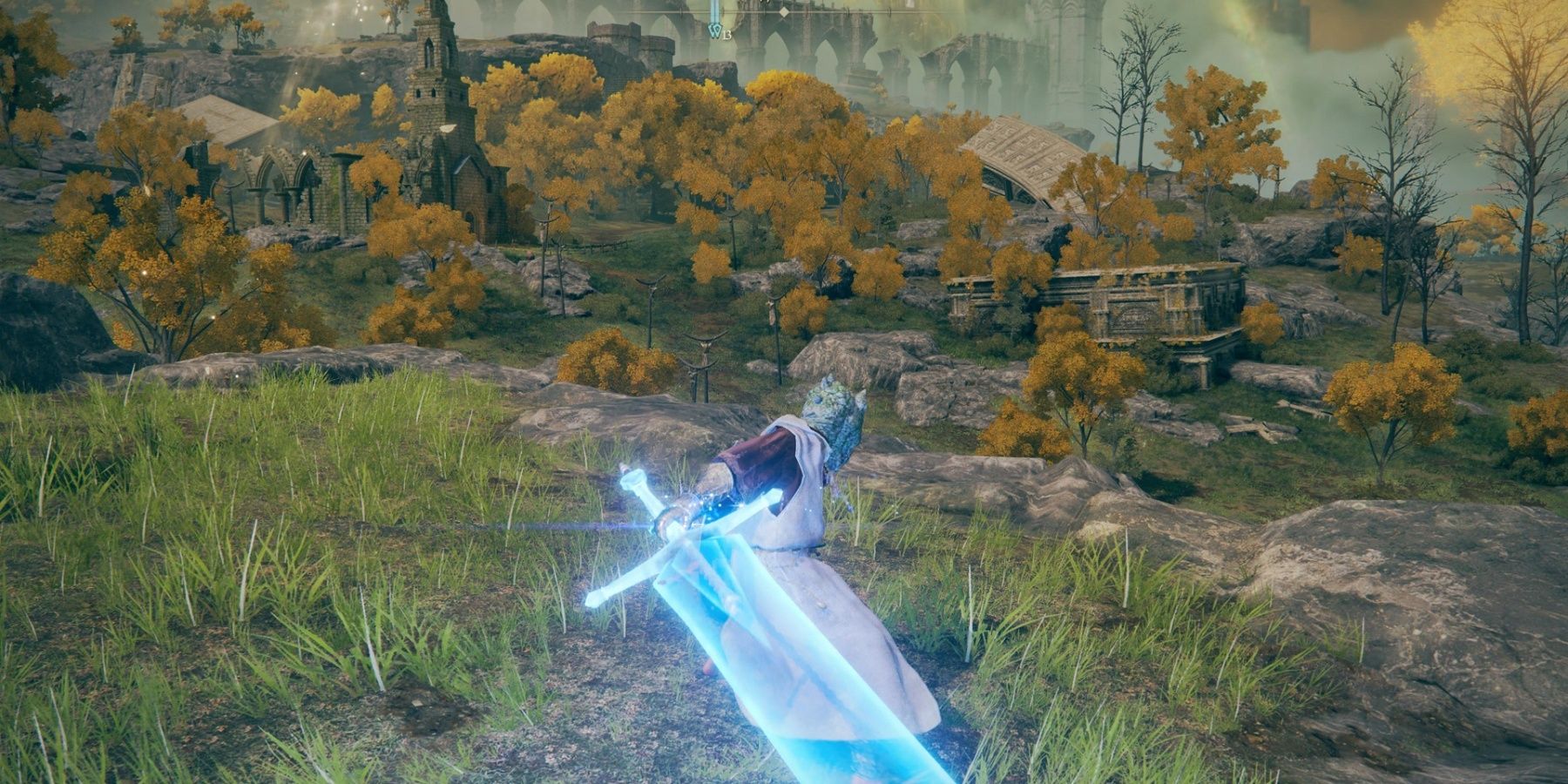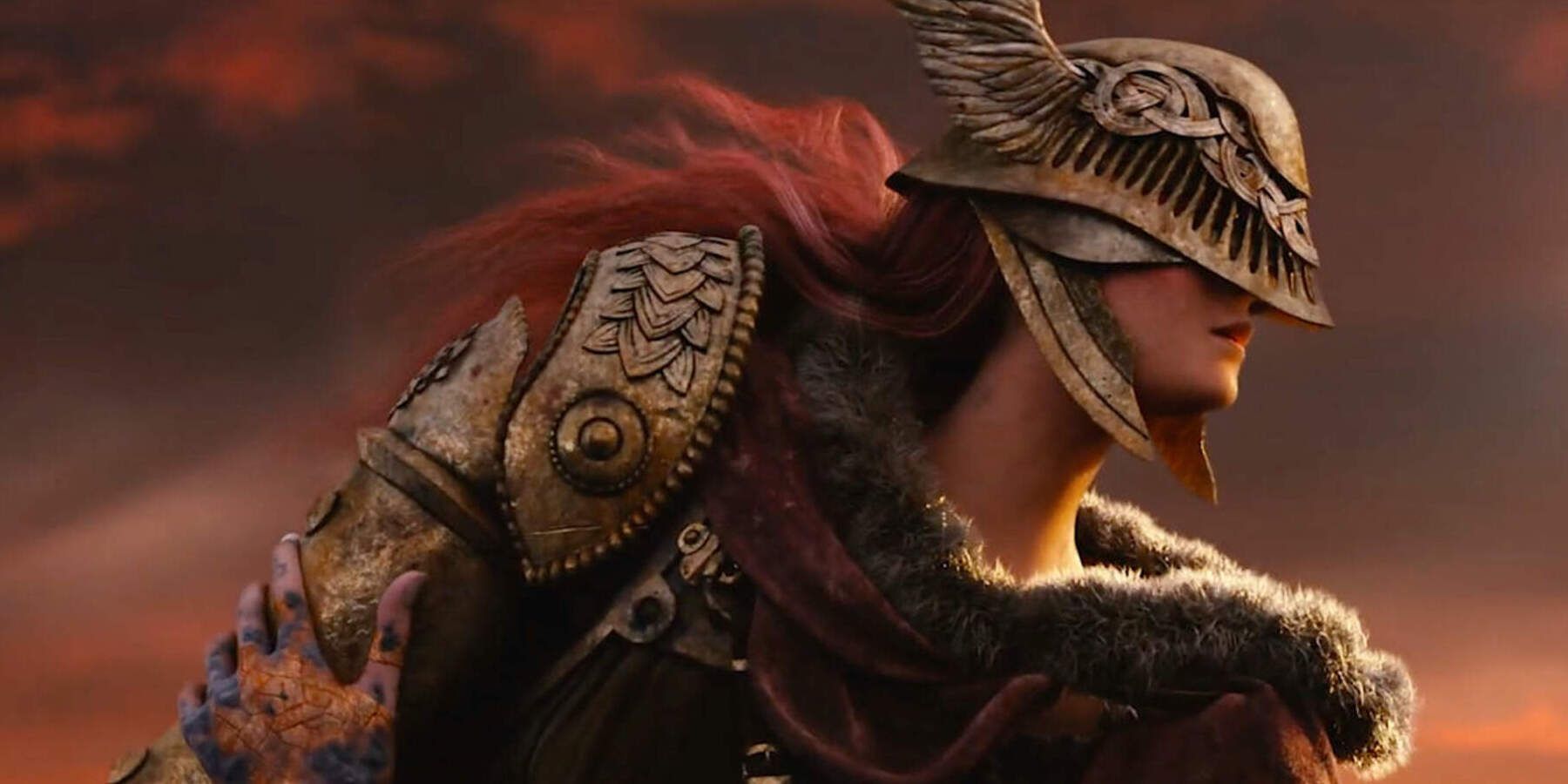With its reputation for developing some of the most revered and highly-rated action games of all time, there was an enormous amount of pressure on FromSoftware leading up to the release of Elden Ring. Anticipation was only raised when gamers discovered that Elden Ring was going to be an open-world game, and it would feature writing from A Song of Ice and Fire author George R. R. Martin. Fortunately, when the game was finally released, the critical reception it received was phenomenal, and it sits as one of the highest-rated games of all time on Opencritic.
Gamers appreciate Elden Ring for bringing back FromSoftware's classical teeth-grindingly difficult combat while adding a host of quality of life features that make it more accessible than prior games from the studio. Many players are also impressed with how FromSoftware has tackled the open-world format and made it feel exciting, while avoiding many of the tropes that have made open worlds feel a bit tedious in the past few years. This can be best illustrated when one compares Elden Ring to Ubisoft open-world games, and their design trends.
Elden Ring Features No Microtransactions
In the last two decades, as gaming has increased in popularity and become a more profitable industry, a host of unfavorable trends have wormed their way in, much to the annoyance of gamers. Perhaps the most loathed gaming trend is microtransactions, which gate-keep content behind a paywall. Oftentimes, microtransactions are used to entice gamers to buy trivial items such as clothing, weapon skins, and other cosmetic items that do not affect gameplay. However, there are occasions where developers insert microtransactions that make the game easier, give players an advantage, or allow players to skip grinding by simply buying in-game currency.
Ubisoft has often inserted microtransactions into its open-world games. This is seen in Assassin's Creed: Valhalla, which takes place during the Viking's expansion into the British Isles. Although there are plenty of weapons and armor to unlock simply by playing the game, many items are hidden behind paywalls. Players can purchase these items using an in-game currency called Helix Credits, which can be bought with real money. The abundance of microtransactions frustrates some gamers who believe that developers are merely trying to milk gamers by charging for superficial content that should be free, while neglecting to focus on useful updates.
In comparison, Elden Ring is entirely void of any microtransactions and players must instead unlock content through exploration and by defeating tough enemies. However, Elden Ring goes above and beyond merely not providing mirotransactions, and instead offers a host of free content for players. Players who pre-ordered Elden Ring get access to the Adventure Guide which recaps the game's sparse plot, gives some tips on how to explore the Lands Between, and suggests some useful items to craft. With the beautiful illustrations that it contains, it is hard to not feel like one is getting good value for their money.
Elden Ring Goes Easy on the Map Icons
Ubisoft open-world games attempt to hook gamers in by serving up a seemingly infinite platter of activities. Hence, when one opens up a map in an Ubisoft open-world game, one is likely to be met with dozens of icons indicating main quests, side quests, points of interest, and other icons that indicate places to visit. When gamers play their first Ubisoft open-world game, having countless icons around can feel as though the game is packed with content, making it a good value-for-money game.
However, as one spends time with Ubisoft open-world games, it soon becomes apparent that the flood of icons is not always a good thing, as the activities end up feeling repetitive. Furthermore, natural exploration is stifled when one has a simple icon one can travel to instead of discovering things for oneself.
Elden Ring decides to take a different approach to open-world design. The map players are introduced to is vast but relatively blank, featuring only major roads and landmarks. Like most open-world games, much of it is concealed by the fog of war, but exploration does not reveal much more of the map. Instead, players are left to blaze their own trails, and they are given ample tools to do so, including a wide range of markers to place on the map, and beacons of light that can be seen during gameplay to help players navigate. More information can be added to the map if players collect map fragments, but those are hard-earned.
Elden Ring's design choice goes against the design philosophy utilized by many modern games which attempt to handhold gamers and funnel them into certain activities. Elden Ring instead gives players freedom to explore, get lost, and make mistakes. Judging by the reception the game has received, it was not a bad design choice at all.
Elden Ring Offers a Clean User Interface
Fans of FromSoftware are aware that the studio simply does things differently. Games from the studio often have a unique button layout, do not allow players to pause, and feature uncommon mechanics such as stamina. The user interface can also be a tad confusing to newcomers, thanks to the plethora of menus that have to be navigated. Elden Ring has its fair share of menus, though FromSoftware has taken steps to make its HUD and user interface much friendlier. When the HUD is enabled, only essential information like the player's stats, weapons, and compass are visible. If even this is too much, players can turn off the HUD entirely for a clean screen.
In contrast, Ubisoft games have been frequently criticized for featuring cluttered HUDs that provide too much information and ultimately break immersion. This has been parodied by a Reddit post by user u/gamboozino which imagines what Elden Ring would look like if it was designed by Ubisoft. The result is a game with a screen filled with distracting labels and icons.
Over the years, Ubisoft has produced several great games, which is why the business has been able to grow to its phenomenal size. The Assassin's Creed franchise has allowed gamers to travel the world, while the Far Cry series has let gamers enjoy some good old-fashioned fun with guns. However, Ubisoft also embodies many of the open-world game trends that have come to irk many gamers. Elden Ring avoids several of these annoying trends, which has made many gamers grateful and given them hope that open-world games that dare to be different are still being developed.
Elden Ring is available now on PC, PS4, PS5, Xbox One, and Xbox Series X/S.




